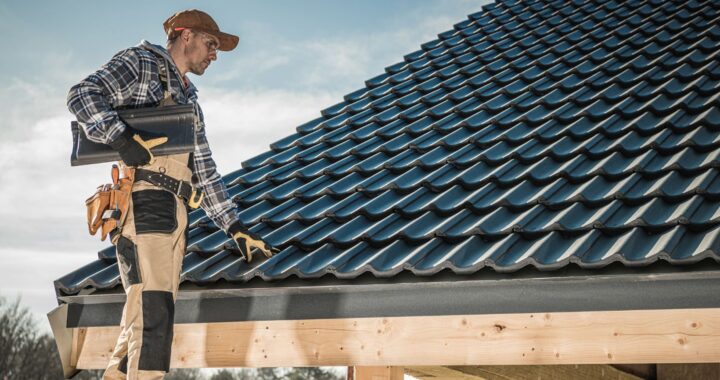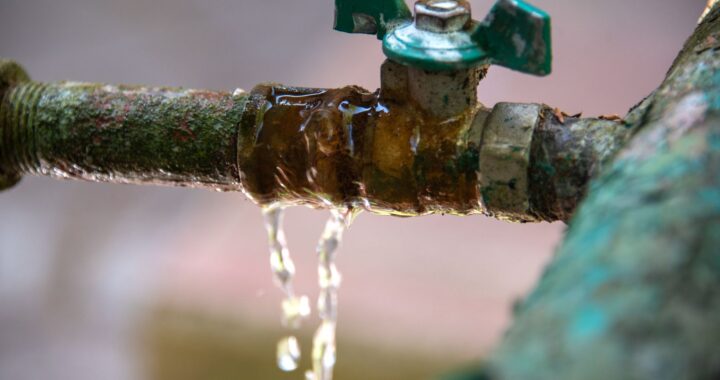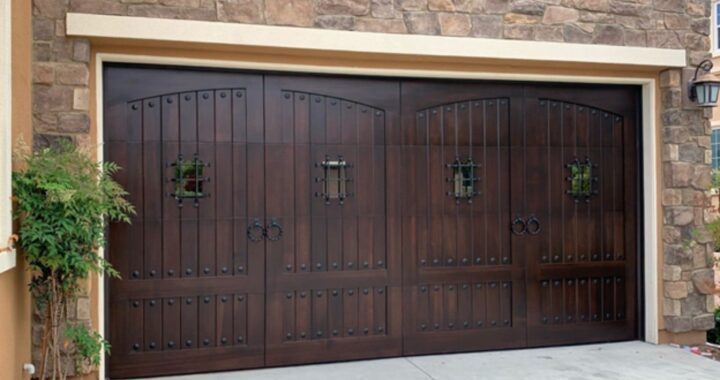How to Recognize When It’s Time to Upgrade Your HVAC System

Heating, Ventilation, and Air Conditioning (HVAC) systems critically sustain indoor comfort and air quality in both residential and commercial spaces. Nevertheless, their efficiency often diminishes over time while reliability decreases; furthermore, they tend to experience more breakdowns. Recognizing the optimal period for an HVAC system upgrade or replacement is crucial to guarantee peak performance: this approach fosters energy efficiency – a key concern nowadays – and ultimately promotes cost-effectiveness. This article delves into the signals suggesting a necessary replacement for an HVAC system.
Age of the System
When you determine whether it’s time for a replacement, consider primarily the age of your HVAC system. HVAC systems generally live around 10 to 15 years; this lifespan hinges on maintenance level and usage intensity. As your system approaches or exceeds this temporal threshold, investing in a new, energy-efficient model might prove more cost-effective than persistently repairing an older one.
Frequent Repairs
HVAC systems, as they age, become more prone to breakdowns and the need for repairs. Should you frequently engage a technician to address issues with your HVAC system, it could signal that the end of its lifespan is near. Rapidly escalating costs accompany constant repairs; thus, investing in a new system might prove economical over an extended period.
Decreased Energy Efficiency
Newer models generally exhibit higher energy efficiency compared to older HVAC systems. Should you observe a substantial rise in your energy bills without altering usage patterns, the cause could lie in the diminished efficiency of your aging HVAC system. By upgrading to a more recent and eco-friendly model, not only can you mitigate utility costs but also decrease your carbon footprint.
Uneven Heating or Cooling
Should you consistently percei.ve certain areas of your home or building as either warmer or cooler than others, this might signal an HVAC system struggling to distribute air evenly. Potential causes could range from ductwork issues, improper system sizing – even the declining performance of the HVAC unit itself is a possible factor.

A resolution to these issues may lie in upgrading: specifically opting for a newer system endowed with superior airflow and distribution capabilities.
Excessive Noise
Your HVAC system emitting unusual noises – such as banging, rattling or squealing – often signifies hidden mechanical issues: while minor problems may be causing some of these sounds and they can indeed undergo repair; persistent or loud noise might suggest more substantial complications with the system’s components. Replacing the unit in such cases could potentially offer a superior course of action–guaranteeing both efficiency and tranquility during operation.
Poor Indoor Air Quality
A malfunctioning HVAC system can exacerbate indoor air quality issues, potentially inducing health problems like allergies, asthma, and respiratory complications. Should you observe heightened dust levels, odors or humidity in your home or building; this signals the need for an upgrade to an advanced filtration and ventilation-featured HVAC system.
Should you notice a shift in your comfort preferences over time – for example, an inclination towards cooler temperatures during summer or warmer ones throughout winter – it may signal that your current HVAC system fails to adequately meet these needs. Consider upgrading: either opt for a programmable thermostat; alternatively, invest in zoning-capable equipment. This will enable customization of your indoor environment and consequently enhance overall comfort.
Conclusively, understanding the optimal time to upgrade your HVAC system is vital for sustaining indoor comfort, enhancing energy efficiency and preserving air quality. Vigilance towards indicators – age; frequency of repairs; dwindling performance levels; inconsistent heating or cooling patterns; excessive noise pollution – poor indoor air quality–provides a basis upon which you can deliberate over investing in a new HVAC system. By engaging with an accredited professional in this field, you stand better equipped to evaluate options and select the most suitable setup for either residential or commercial structures based on their unique requirements.

 How to Perform a Roof Inspection
How to Perform a Roof Inspection  What to Do After Water Damage in Toronto
What to Do After Water Damage in Toronto  How to Keep Your Garage Door and Gate Running Smoothly Year-Round
How to Keep Your Garage Door and Gate Running Smoothly Year-Round